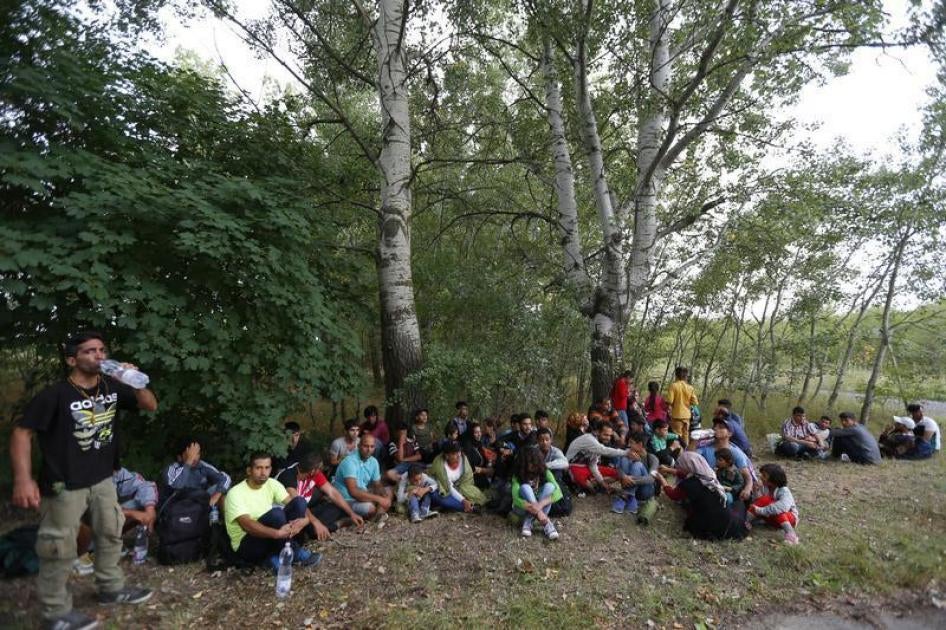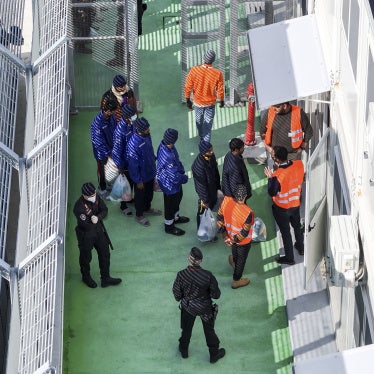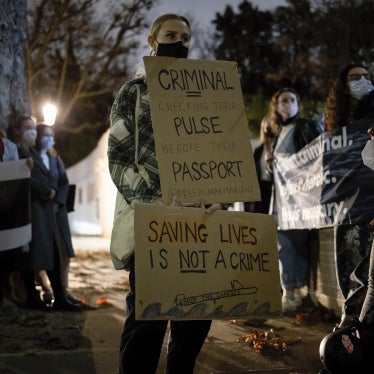The Hungarian government’s problematic approach to asylum seekers and migrants has hit a new low. The changes to the Hungarian asylum law as of August 1, among other things, mean that asylum claims from anyone entering via a country on a safe “third” country list probably won’t be considered, and the person will be returned to the country through which they travelled.
For most, that means Serbia, since 99 percent of the 90,000 migrants and asylum seekers who entered Hungary this year entered across the Serbia-Hungary border. Deeming Serbia safe means that Hungary in one fell swoop could relieve itself of the burden of assessing nearly all asylum claims.
Yet Serbia is far from safe for asylum seekers. In April, Human Rights Watch documented serious abuses of migrants and asylum seekers by Serbian police and flaws in the asylum system. A July report by Amnesty International confirmed those findings. The United Nations refugee agency’s position is that Serbia is not a safe third country for asylum seekers.
Other problematic changes to the asylum law criticized by a leading Hungarian organization include: an accelerated procedure to decide asylum claims, which risks undermining due process rights; a three-day limit for judicial review of such decisions, putting into question the right to effective remedy; and a requirement for asylum seekers lacking documents to contact authorities in their countries of origin to establish their identities, possibly exposing them to harm if returned or reprisals for families left behind.
These changes follow other anti-migrant measures in the past eight months, including: a biased “national consultation” on migration, an anti-migrant billboard campaign, and the initial construction of a 4-meter-high fence on Serbia’s border. These measures have met with international criticism. Hungary faces migration challenges: the numbers of arrivals in the first six months of 2015 rivaled Greece. The number of asylum seekers in Hungary doubled in 2014 putting it in second place behind Sweden for the most asylum applicants per capita among European Union states.
But Hungary also has duties as an EU member and as a signatory to international refugee and human rights treaties. Protecting the right to seek asylum is a binding obligation under EU law.
Hungary should ensure that all asylum claims are processed based on individual assessments of the merit of their claims, that asylum seekers are given reasonable time to appeal negative decisions, and that asylum seekers are not compelled to put themselves or others at risk by contacting authorities in their countries of origin to prove their identities.








